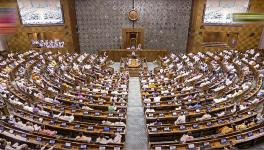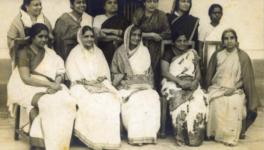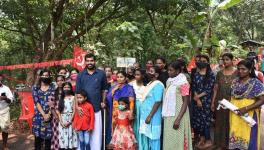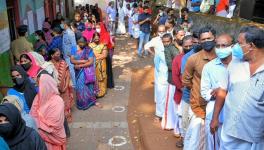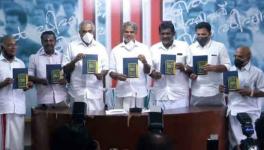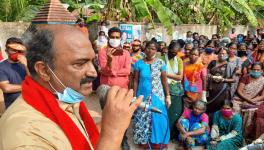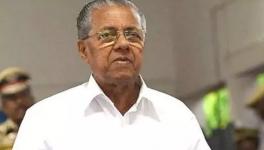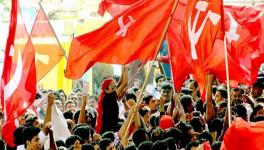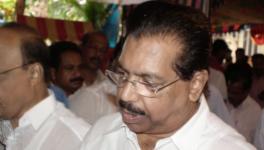Kerala Elections 2021: After 14 Elections, Women Still Under-represented in State Assembly
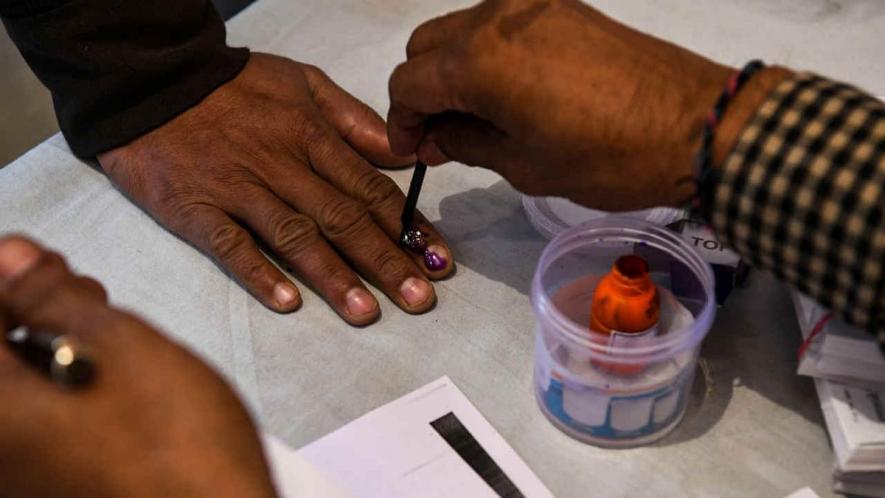
Representational Image. Image Courtesy: Free Press Journal
As we celebrate the international working women’s day on March 8, highlighting the struggle, accomplishments and achievements of women while advocating for women’s rights and equality, the representation of women in elected governments has not been at par with the population distribution worldwide. Women’s equal participation and leadership in political and public life are essential to achieve the Sustainable Development Goals.
If we consider the case of India, women are heavily under-represented at all levels of decision-making. Kerala, one among the states that are going to assembly polls on April 6, is not different from this though the representation of women in local self-governments is more than 50% there. Unlike rest of the Indian states, women govern more than 50% of local self-government bodies -- gram panchayats, block panchayats, district panchayats, municipalities and corporations -- in the state. But when we come across the numbers in state assembly, women have been underrepresented since the formation of the state in 1956. So far, a total of 88 women MLAs have won in the 14 assembly elections held in Kerala.
Kerala, where 52% voters are women, has 140 assembly seats and in the current assembly, merely nine women MLAs were elected; of these, eight are from the ruling Left Democratic Front (LDF) and one represents the United Democratic Front (UDF). From the LDF, two women have been elected as ministers -- KK Shailaja as Health and Social Welfare Minister and J Mercykutty Amma as Minister for Fisheries, Harbour Engineering, and Cashew Industry.
In 2016 elections to the 14th assembly, the LDF had fielded 17 women candidates, in 12.14% of total seats, and of these, eight had won. While from the UDF camp, nine women had contested and no one could managed to win. Later in 2019 by-elections, the lone MLA from the UDF, Shanimol Osman, representing the Aroor constituency, has come to the assembly.
Of these 17 seats where women had contested for LDF, eight constituencies were sitting seats of the LDF. However, the UDF gave only two sitting seats for women candidates and these two had been defeated -- former minister PK Jayalakshmi in Mananthavady and Padmaja Venugopal in Thrissur. The BJP-led NDA had also fielded eight women candidates in the 2016 elections.
Statistics shows that, comparatively, the Left has always been at the forefront of ensuring women's representation in the state assembly. Of the 88 women MLAs who have won 14 assembly elections so far, 57 are from the Left. Thirty people came to the assembly from the opposition. An Independent too had won – KR Saraswatiamma who contested from Chengannur in 1980. The three winners in 1965 did not become MLAs as they had not been able to join the assembly.
The Kerala assembly had maximum number of women MLAs in 1996 with 13. But in 1967 and 1977, only one woman MLA each had been elected to the assembly.
In the 1957 elections to the maiden assembly, nine women had contested and of these, six had won--three from the Left and three from the Congress.
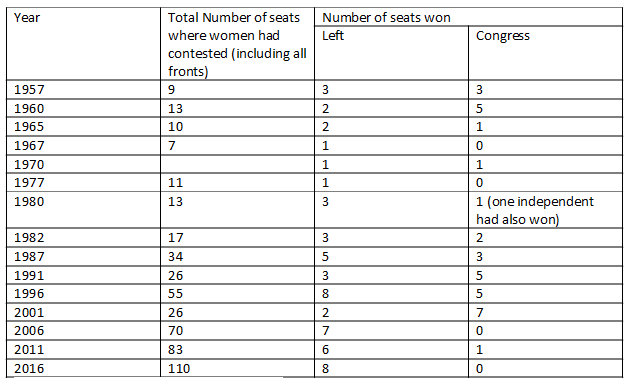
Source: Niyamasabha.org and Election.in
In the 14 assembly elections, Kerala has elected 2027 candidates in total. Of these, only 91 were women (including three won in 1965 who were not able to take oath), amounting to only 4%. Further, the number of individuals who have won this 91 times is 45. KR Gowriamma had won the highest number of times i.e. 11 times. Bhargavi Thankappan has won five times, Leela Damodar Menon, Rosamma Chacko, Shobhana George, KK Shailaja, Aisha Potti and ES Bjimol have won three times each.
Passing and implementing the Women’s Reservation Bill 2008 would give space for more women in the state assemblies and parliament. This is what Kerala had done in the case of local bodies. In 2009, the then Kerala assembly led by LDF government passed two bills reserving 50% seats for women in local self-governments. The provision of Kerala Panchayati Raj (Second Amendment) Bill 2009 and Kerala Municipality (Amendment) Bill 2009 had been passed and implemented since the 2010 local body elections in the state.
Had the women's Reservation Law been enacted, the number of women who could reach the Assembly at a single go would have jumped to 46. The Women’s Reservation Bill 2008 stipulated reservation of one-third of all seats in Lok Sabha and Legislative Assemblies within each state for women. It also mandates quota-within-quota for SCs, STs and Anglo-Indians. Further, the reserved seats will be rotated after each general elections – thus, after a cycle of three elections, all constituencies would have been reserved once.
Get the latest reports & analysis with people's perspective on Protests, movements & deep analytical videos, discussions of the current affairs in your Telegram app. Subscribe to NewsClick's Telegram channel & get Real-Time updates on stories, as they get published on our website.









